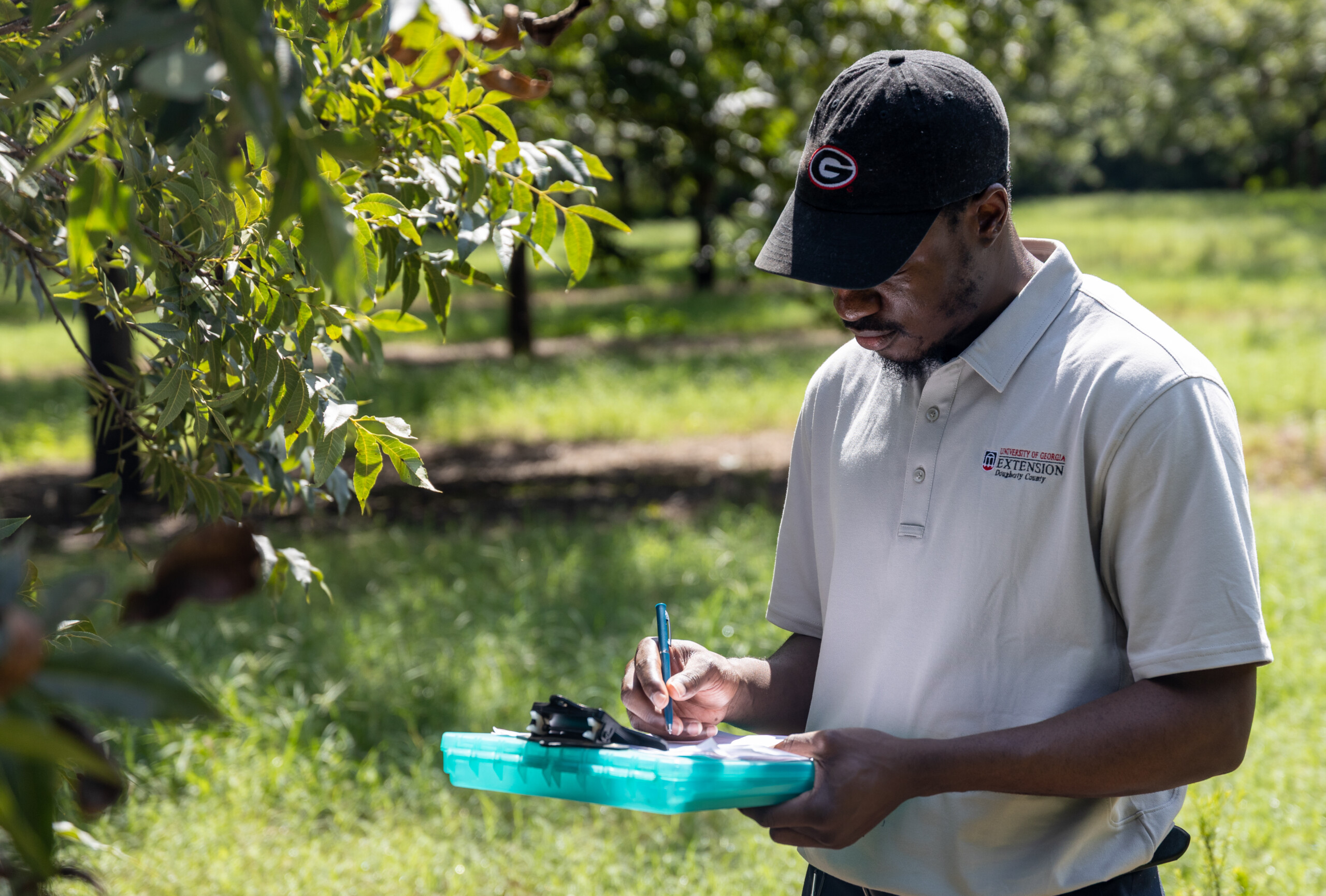Donate Now!
It may be cold outside, but you can feel warm on the inside knowing you made a difference. We hope you consider donating to our department by clicking the button above.
Donating specifically to AAEC (Agricultural Economics Fund) has a direct impact on our students and their success!
Departmental News
Fall 2025 Newsletter
CAES News
Agricultural and Applied Economics Archives | CAES Field Report
 Agricultural and Applied Economics Archives | CAES Field Report
Agricultural and Applied Economics Archives | CAES Field Report
 Agricultural and Applied Economics Archives | CAES Field Report
Agricultural and Applied Economics Archives | CAES Field Report
 Agricultural and Applied Economics Archives | CAES Field Report
Agricultural and Applied Economics Archives | CAES Field Report

Posted by Jordan Powers on Jan 8, 2026
Registration open for the 2026 Georgia Ag Forecast

Posted by Emily Cabrera on Dec 2, 2025
This summer, learn by doing through UGA Extension’s statewide internships

Posted by Maria Lameiras on Nov 26, 2025
Feeding change: UGA students and faculty partner with grassroots nonprofit to tackle rural food insecurity

Posted by Emily Cabrera on Nov 24, 2025
CAES economists explain how new federal farm policies are reshaping Georgia agriculture

